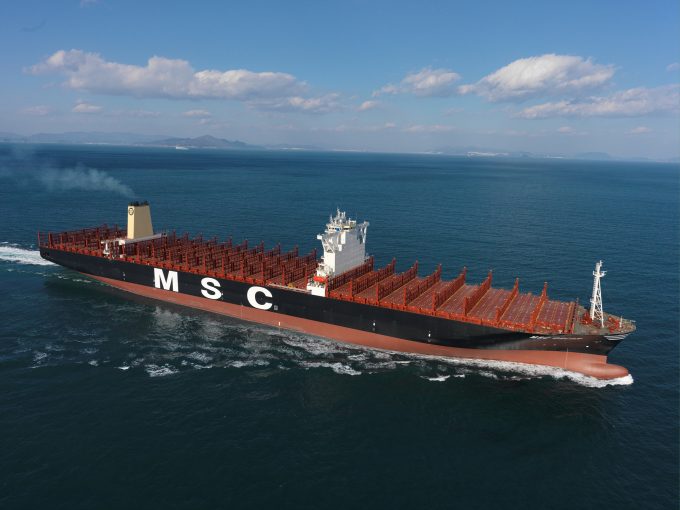Path now clear for Cosco to join consortium to buy HPH port terminals
The expiry of yesterday’s 145-day deadline for exclusive negotiations between Hutchison Port Holdings (HPH) and ...

MSC is experimenting with new deployment options for its traditional 13,000 teu Asia-Europe workhorses as they are rapidly displaced on the route by deliveries of the ‘new normal’ lower unit cost 18,000-20,000 teu ultra-large container vessels (ULCVs).
Alphaliner reported today that several ocean carriers are exploring ...

Comment on this article